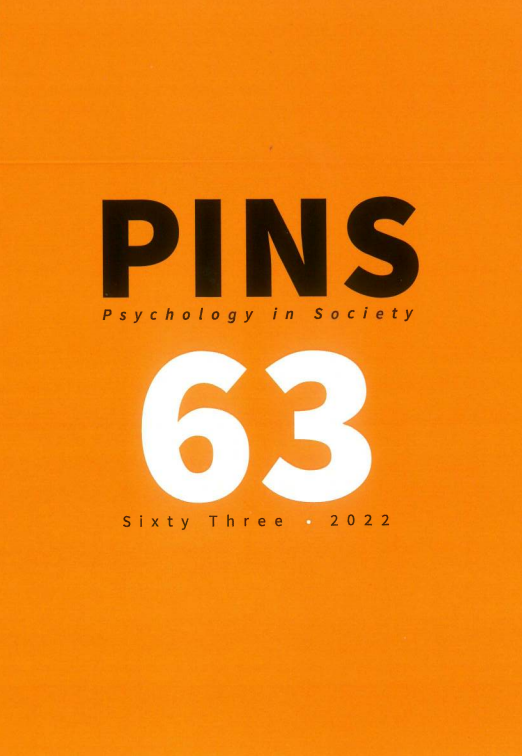Foregrounding ecojustice: A case study on trans-species accompaniment
DOI:
https://doi.org/10.57157/pins2022Vol63iss1a5445Keywords:
public participation process,, trans-species activism, ecojustice, extinction, western leopard toadAbstract
A tsunami of development projects is sweeping across the planet. This includes another 25 million kilometres of new paved roads by 2050 – enough to encircle the globe more than 600 times. Approximately 90% of these new roads will be built in low- and middle-income countries that are likely to have high biodiversity. This paper focuses on the environmental impact of 1.2 km of road planned to be built through endangered western leopard toad habitat and breeding ponds and extending into a greater wetland system in Cape Town. This paper reports a case study of the experiences of two female community environmental activists (the authors) throughout the public participation process and environmental impact assessment for this road. The results show the contesting of power in public participatory spaces as a form of transspecies accompaniment, and the generation of emotive knowledge (including distress and a sense of betrayal). The paper contributes to the existing knowledge of the execution of trans-species accompaniment in the context of public participation processes to seek ecojustice.
Downloads
Downloads
Published
How to Cite
Issue
Section
License
This journal is an open access journal, and the authors' and journal should be properly acknowledged, when works are cited.
Authors may use the publishers version for teaching purposes, in books, theses, dissertations, conferences and conference papers.
A copy of the authors’ publishers version may also be hosted on the following websites:
- Non-commercial personal homepage or blog.
- Institutional webpage.
- Authors Institutional Repository.
The following notice should accompany such a posting on the website: “This is an electronic version of an article published in PINS, Volume XXX, number XXX, pages XXX–XXX”, DOI. Authors should also supply a hyperlink to the original paper or indicate where the original paper (http://www.journals.ac.za/index.php/pins) may be found.
Authors publishers version, affiliated with the Stellenbosch University will be automatically deposited in the University’s’ Institutional Repository SUNScholar.
Articles as a whole, may not be re-published with another journal.
The copyright of the article(s) lies with the author(s).
The copyright of the journal lies with PINS-psychology in Society.
The following license applies:
Attribution CC BY-NC-ND 4.0 - https://creativecommons.org/licenses/by-nc-nd/4.0/

